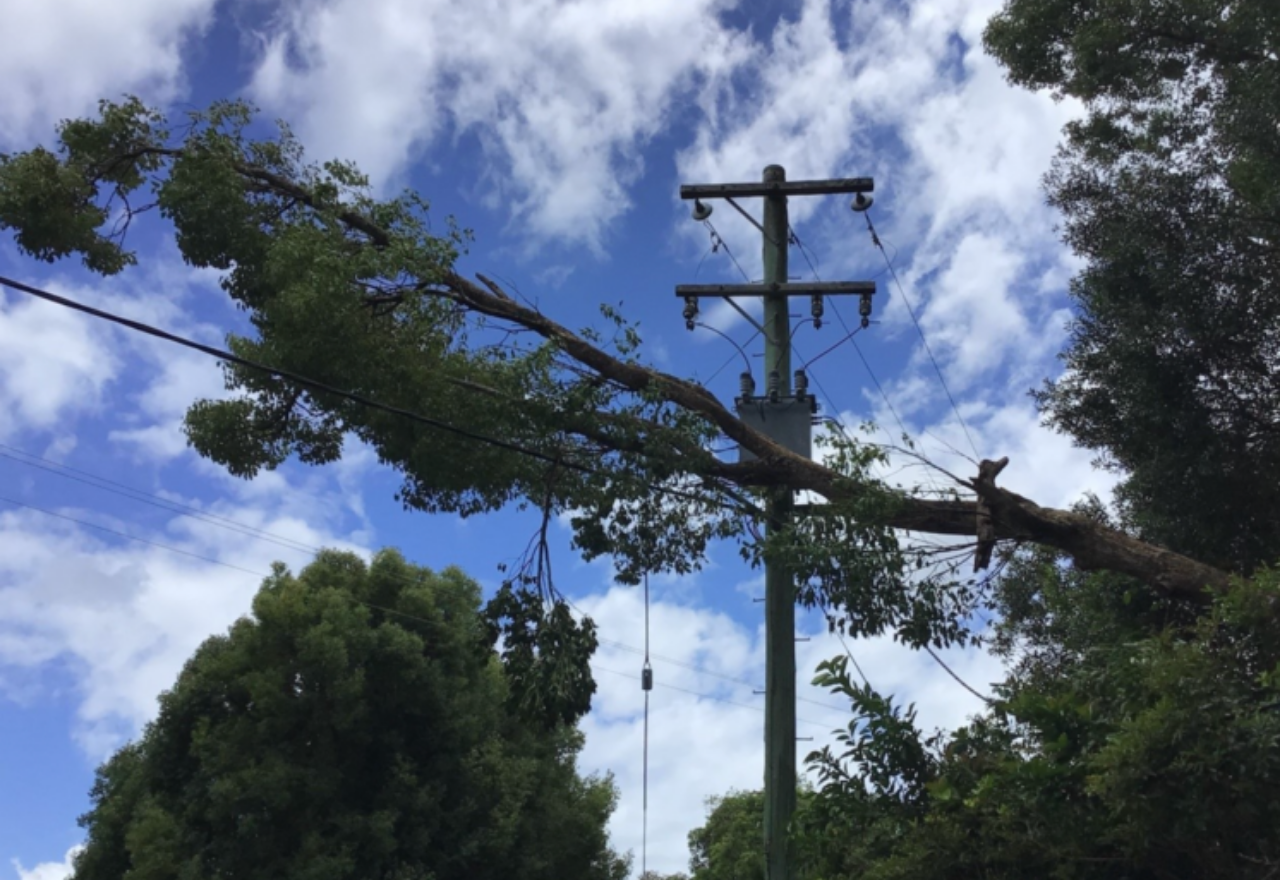Northern Rivers residents urged to prepare as Storm Season commences
10 September 2025, 8:33 PM

With the 2025–26 storm season now officially underway, the NSW State Emergency Service (NSW SES) is urging local communities to take proactive steps to prepare for severe weather.
Following a year where we’ve already seen record-breaking flooding, a cyclone and damaging winds wreak havoc across the state, the NSW SES is reinforcing the importance of early planning and community readiness.
NSW typically experiences increased storm activity between September and April, with risks including heavy rainfall, damaging winds, and flash flooding.
The Bureau of Meteorology has indicated there is an increased risk of flooding during heavy rainfall across New South Wales following a wetter-than-usual year.
Bureau of Meteorology Manager Hazard Preparedness and Response, Steve Bernasconi, said the Bureau's long-range outlook to November shows a greater chance of above-average rainfall for most of the state.
"Above average spring rainfall is likely to very likely throughout New South Wales and the ACT. There is an increased chance of unusually high rainfall for many areas," Mr Bernasconi said.
"The wet winter for the coast and parts of the north west of the state means riverine flood risk remains high into spring.
As we move into the warmer seasons, more rain and heat mean a greater chance of thunderstorms. The average spring rainfall in recent decades has been between 100 and 300 mm along the east coast, while western NSW has had 25 to 100 mm."
Mr Bernasconi said daytime temperatures are likely to be cooler than usual for parts of northern NSW and warmer than usual in some coastal and southern parts. Warmer-than-usual nights are very likely throughout NSW and the ACT.
"Spring and summer are the prime storm seasons for NSW. Coastal lows can also bring storms in spring, increasing the risk of damaging winds and flash flooding," Mr Bernasconi said.
"Stay up to date by using the Bureau's website or BOM Weather app, where you can set notifications and locations and be prepared."
NSW SES North Eastern Zone Commander, Chief Superintendent Kris McDonald, emphasised the importance of community readiness, noting that NSW SES members responded to over 29,000 storm-related incidents across the state last storm season.
“NSW SES North Eastern Zone members continue to support our local communities during times of need,” Chief Superintendent McDonald said.
“Their continued and unwavering dedication truly embodies the core mission of the NSW SES in protecting lives and building safer communities.”
“I urge everyone to take simple steps to prepare their homes and protect their families.”
“Have a home emergency plan and kit, clean your gutters, downpipes, and drains, secure loose items around your backyard and balcony, trim trees and branches that could fall onto your home, your vehicles, and consider your pets.”
Last storm season, the NSW SES North Eastern Zone responded to more than 5,800 storm-related incidents. Of these incidents, 1,693 occurred in Tweed Heads and 1,016 were tasked to the Mullumbimby Unit.
Storm safety advice from NSW SES:
- Secure loose items around your home and yard.
- Clean gutters, downpipes, and drains.
- Trim trees and branches near your property.
- Move vehicles away from trees.
- Prepare a home emergency plan and emergency kit.
- Download the Hazards Near Me NSW app and set your watch zones.
- For assistance during storms, contact NSW SES on 132 500. In life-threatening emergencies, call Triple Zero (000).
For further information and resources, visit www.ses.nsw.gov.au.

